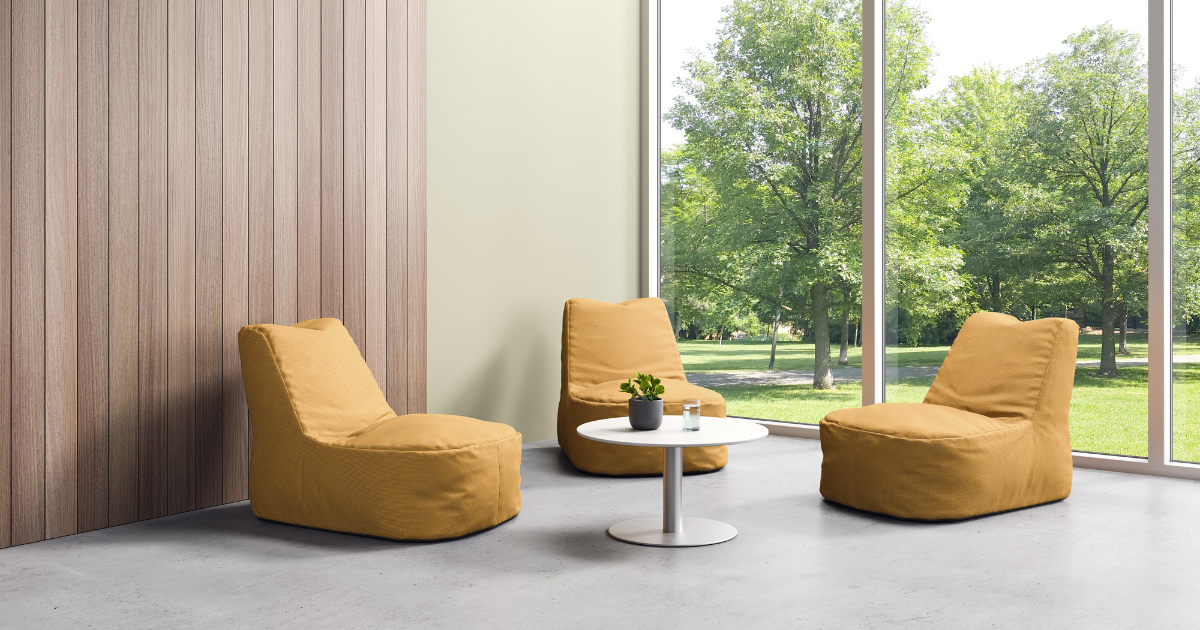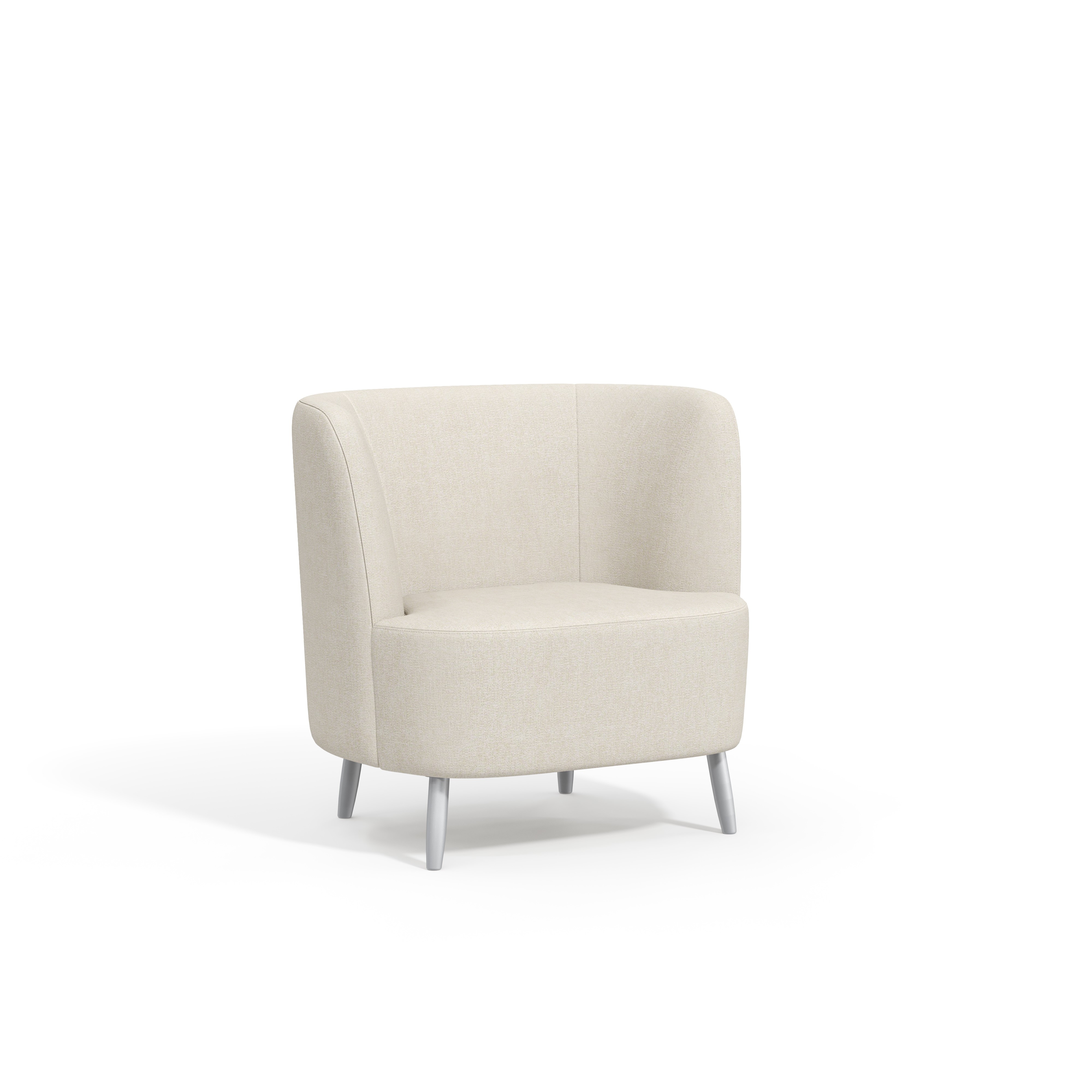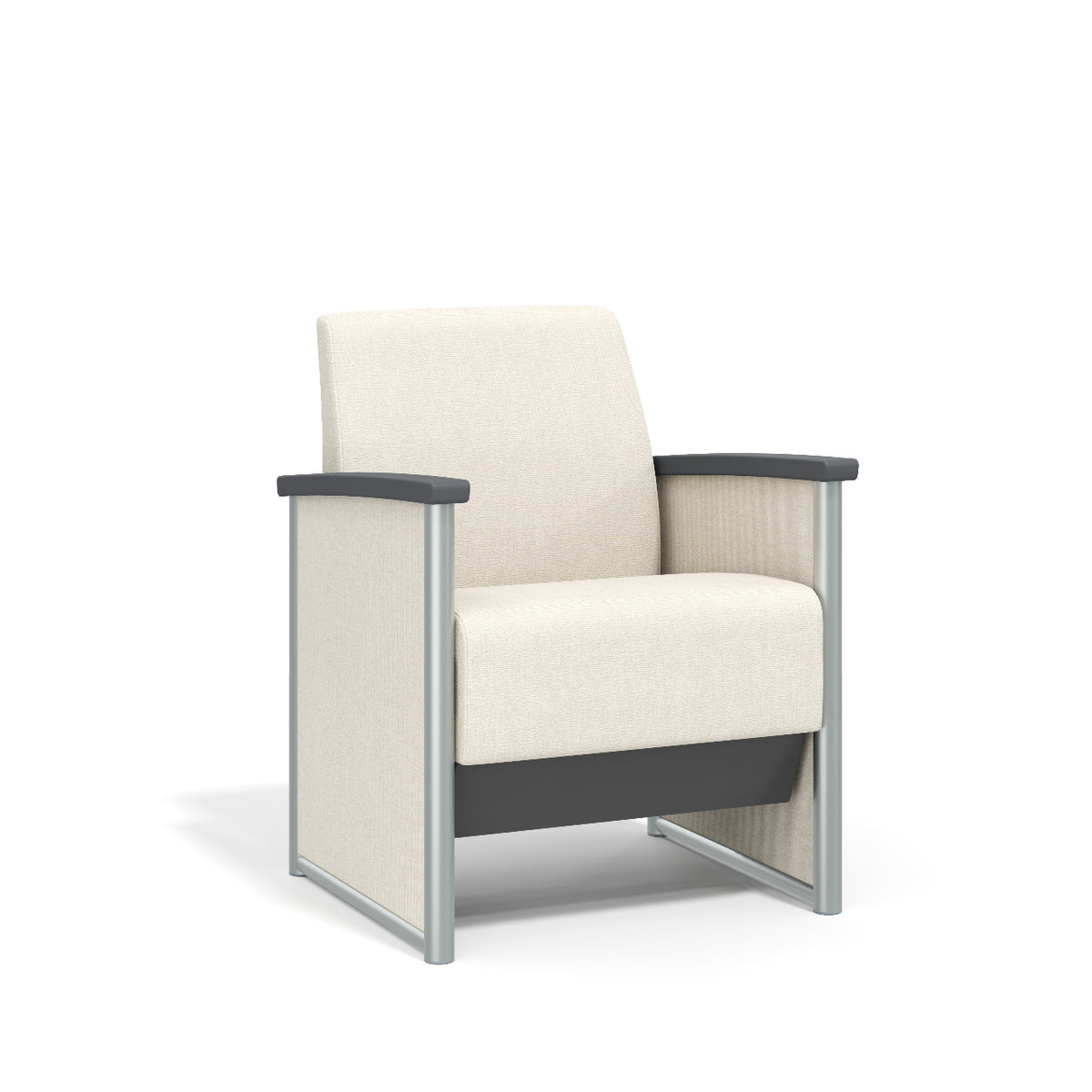Sensory, Harmony and Stability

In the dynamic world of healthcare design, neurodiversity has become a guiding principle, reshaping our understanding of accessibility and inclusion. The surge in awareness surrounding the importance of accommodating neurological differences, such as autism, ADHD, and dyslexia, has prompted designers and architects to rethink traditional approaches. Stance is invested in this movement, championing a design philosophy recognizing neurodiversity as a valuable variation of the human mind.
Neurodiversity and Behavioral Health:
Coined in the 1990s, the term “neurodiversity” challenges the idea of a singular norm and celebrates the natural variability in human neurology. This includes conditions like autism, ADHD, and sensory processing disorders. Designers and architects now champion adjustments that enhance focus, productivity, and comfort in various settings, particularly in healthcare environments where behavioral health is a primary concern.
Sensory Considerations and Innovative Solutions:
Stance understands the intricate relationship between neurodiversity and sensory experiences, recognizing the heightened stress levels often experienced by neurodiverse individuals within healthcare settings. These environments can be overwhelming due to factors such as lighting, sound, texture, and smell, exacerbating the challenges faced by patients on the autism spectrum. Stance prioritizes thoughtful design elements that aim to alleviate stress and promote comfort, such as beanbag chairs for those who seek comfort in confined spaces.
 |
Clover designs address acoustics, creating an environment conducive to concentration and relaxation. |
 |
The Oasis Glider is tailored to assist individuals with autism in managing emotions, whether from overstimulation or under-stimulation while aiding in self-soothing. |
/vista_II_multiuse_BH.jpg) |
The Vista II chairs also offer a flex-back option, allowing for adaptable support. The soon-to-be-released Abrazo chair has a rocker option and a flex-back feature, further enhancing patient comfort and autonomy. These initiatives underscore Stance’s commitment to providing patients with flexibility and choice within their healthcare environments, ultimately fostering environments conducive to concentration, relaxation, and well-being. |
Stability as a Fundamental Design Principle:
In healthcare design, product stability is non-negotiable. Stance places a paramount emphasis on product stability, recognizing the diverse physical needs of neurodivergent individuals. This commitment ensures a safe and secure environment for patients and healthcare professionals, contributing to overall well-being.
A Universal Approach:
The autism spectrum disorder (ASD) affects approximately 1 in 54 children, and an even larger segment of the population identifies as neurodivergent. The architecture and design (A&D) industry has rescinded by shifting away from designing for the “average” person. Stance is a leading advocate for a universal approach, creating spaces accommodating a broader range of thinking styles. This shift is evident in creating human-centered spaces, inclusive nonprofits, and evidence-based design guidelines tailored to individuals on the autism spectrum.
As the landscape of healthcare design continues to evolve, Stance is as a beacon of innovation and inclusivity. By recognizing and embracing neurodiversity, particularly in behavioral health settings, Stance’s designs prioritize all individuals’ well-being, comfort, and dignity. From sensory considerations to product stability, Stance’s commitment to creating healthcare environments that embrace neurodiversity is paving the way for a more inclusive and compassionate future in healthcare design.